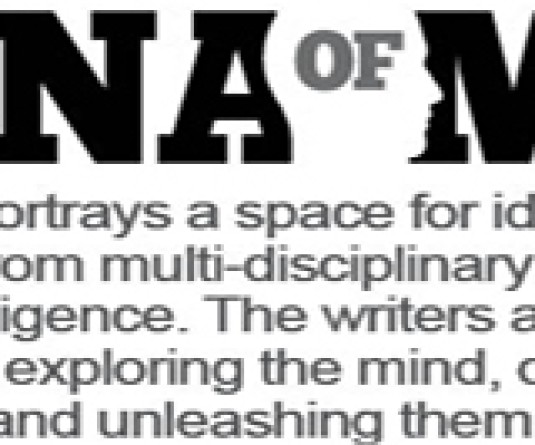
Introduction: Being a counsellor may mean donning the raiment of the counsellor, as a police officer does a uniform, and taking on official behaviours and attitudes. In other words, we may think that being counsellors means being different through adopting positions and protocols that are not natural for us. We may imagine that a conflict exists between acquiring disciplined skills and just being ourselves, between trying to do something correctly and doing the right thing spontaneously. It is as if counsellors had to play a part that makes them sacrifice their own reactions in favour of those prescribed by their texts, teachers, or supervisors. As a beginning counsellor once reported, “It seems that everything I do on my own is wrong and that everything I’m supposed to do as a counsellor makes me feel artificial.” Our growth as helpers may be observed in the way we handle this common challenge. It flows from our developing a sense of unity about ourselves that incorporates what we learn with what we are. The continuing task resembles many others in life, including becoming parents, in which we integrate our learned skills with our own personal identity. There is no necessary conflict between what a good counsellor does and what a good person does.
What Goes into Being Real?
Maturing counsellors appreciate the fact that what they do in counselling does not ask them to change themselves as much as it invites them to come closer to their best frequently unrealized selves. Being ourselves does not, we recall, mean saying or doing anything we feel like at any moment in the counselling process. This erroneous interpretation of what it means to be natural – that is, responding to one’s impulses without reflection – echoes a general misunderstanding about achieving our individuality. “Being my own man” not only rings of male chauvinism but it is a prime cliché that sums up one of our lesser national illusions: it is far easier to proclaim we are our own person than it is to be our own person. Being our own person involves us, not in repeating contemporary aphorisms or behaviours that supposedly confer identity on us, but in straightforward growing as truly and as fully as we can. This demands that we take ourselves and our talents seriously and that we live deeply enough to grasp at least some of the meaning and possibilities of existence itself.
These, of course, are precisely the opportunities that are available in counseling work. Reflecting on meaning and existence is unavoidable whenever we take others seriously enough to listen carefully to their efforts to give us an account of their experience of life. When we are in a relationship of serious purpose, when what we and the other do and say has real effects, we experience a kind of meaning that others can only talk about. The necessary and sufficient condition for this is that we be ourselves.
Being oneself suggests that we do not live on the skim of life but that we respect ourselves and our gifts and make the most of them as we gradually enter the depths of responsible relationships with others. In a way, this is a different version of Sigmund Freud’s statement that the purpose of life is “to love and to work”. Being serious about our lives, of course, is much different from being solemn. We achieve this seriousness only by refining our abilities, by honing them and using them – wisely. This means ridding ourselves of the defenses or habits that interfere with our coming more completely alive and expressing ourselves more fully in our work.
Counselling does not ask us to be startlingly different but to be more genuinely ourselves in our work. Only counsellors can take care of this side of the counselling relationship. They do it with less strain as they realize how, within counselling, they have the opportunity to bring their best disciplined performance – the best of themselves, in other words – to their understanding of other persons.
Conclusion: As we become more comfortable with this realization, artificiality drops away and the atmosphere and the exchange become less studied and more genuine. Stress decreases and the experience becomes, so to speak, more intensely real for both ourselves and those we counsel. We may not be self-conscious about it, but our best responses begin to match our best potential as human beings. This developing sense of oneness about ourselves and our counselling resolves the anxiety that builds up when we are too concerned about how well we will perform. This effortless being who we are improves the therapeutic environment and is the natural medium for progress by the other. As the counselling loses its staginess and becomes more spontaneous, we experience not only greater personal ease but also a deeper sense of contentment in our work. It is no longer a burden or a test of our laboriously acquired techniques. Counselling becomes a truly re-creative experience because we are more fully involved in it. This builds a sense of security that makes the counsellor’s person more available and, without trying, lessens the stress of the work.
Rev. Fr. C. Joseph-Counsellor
St. Joseph’s college, Jakhama






